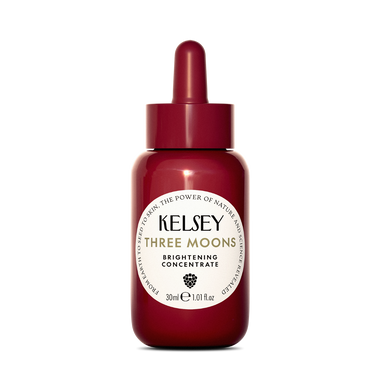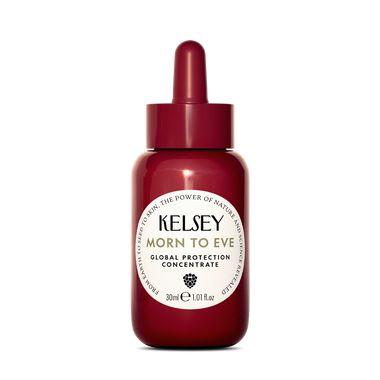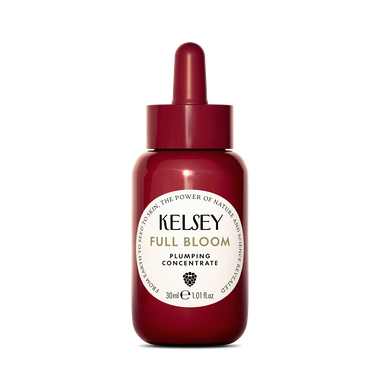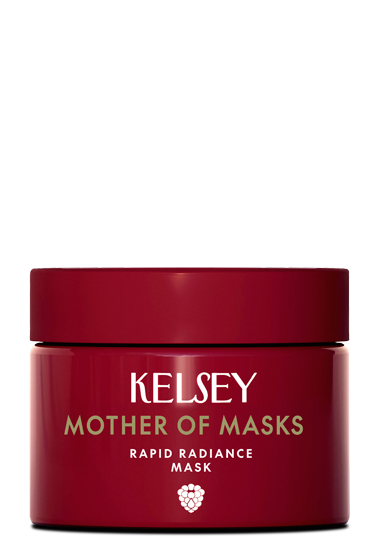Raspberries, Recycling and Respect.
4 Minute Read

Like many of the best ideas, the Zero Waste Week campaign (5-9 September 2022) was formed in direct response to a personal crisis. It was in 2004 that a freak weather disaster created a lightbulb moment for founder Rachelle Strauss, the very real moment of impact that man-made climate change could truly affect the way the world was shaped into the future.
Following a period of self-development into a more sustainable way of living as a family, Zero Waste Week truly started in earnest in 2008 with the challenge campaign to Reduce, Reuse and Recycle. Modest beginnings have led to a global following as the reality of adopting a more responsible attitude towards our personal and business activities becomes ever more critical.
Responsible: The adage adopted by the Zero Waste movement is that there is no such place as “away”. This drives home the reality that when we “throw something away” it means, we are putting it somewhere else. There is no magic. We are all collectively responsible for what we consume.
While we can all feel the weight of our need to respond to what is happening in the world, while it is impossible to avoid the messages that we all need to do better and drive change forward, it is easy to feel a little overwhelmed by the scale of what is needed. How can one person’s habits make a significant difference?
Reality: “No-one can do everything, everyone can do something. Together we can do anything.”
In 1987, the United Nations Brundtland Commission defined sustainability as “meeting the needs of the present without compromising the ability of future generations to meet their own needs.”
Rethink: As individuals and businesses, we need to look at the impression of our daily lives to ensure it impacts less, where our choices are increasingly renewable and respectful.
The responsibility of business is to support consumers to make those future-thinking decisions, without compromise to performance, efficacy and personal gratification where possible.
Sustainability is a word that is bandied around relentlessly in consumer marketing and in the world of skincare. But what does it truly mean? So, what does this all have to do with skincare? How can our skin health and beauty choices make an impact?
Respect: At KELSEY our core brand philosophy is a truly authentic approach to sustainability and holistic natural development. As stewards of the land for generations; having a symbiotic relationship with the health of the earth and nurturing the optimum conditions for plentiful harvest, peak timing and prime quality for plant and farmer has placed us in a perfect position to understand the importance of the delicate balance in which we all co-exist.
Transferring our heritage and knowledge into our skincare, we maintain an all-encompassing approach to our product development, with respect to the origins of our core ingredients, the footprint and responsible creation of our products and packaging.
From the beginning, we chose to consider ingredients that were, where possible, biodegradable to minimise their impact on the environment – avoiding some of the manmade synthetics that can be more detrimental at the end of life of a product. Where possible, we have also sourced from the UK to minimise our footprint of production.

Revolutionise: True progress comes from changing thinking. For us, sustainability is and always has been, the starting point for creative development. We don’t need to retrofit to suit what may become a market trend; reducing waste is in our DNA as a brand – it is at the very core of our product uniqueness. How?
Repurpose: We use the whole raspberry plant. The seeds, pulp and leaves. This is the very definition of upcycling as we turn what would be waste from the harvest process into powerful, transformative natural actives by not only using them in their original form, but through the appliance of science, working with leading innovative chemists to encapsulate raw extracts to optimise bioavailability, efficacy and visible transformation.
- The leaves are rich in protective polyphenols to fortify the skin to shield against free radicals.
- The fruit pulp is packed with vitamin C and alpha hydroxy acids, helping to boost cell turnover, revealing bright and luminous skin.
- The seeds are full of omega essential fatty acids and antioxidant vitamins A and E. These stimulate collagen production, fight oxidation and damage, promote cell regeneration and boost vibrancy.
When you have an abundance of natural goodness like this, it is essential to incorporate the full botanical magic in each product. This means our harvest produces less waste and we optimise the potency of our formulations.
Respond: As consumers, we are searching for the best solutions to answer our conscious purchase intentions.
All our packaging is conscientiously developed to minimise waste and optimise responsible disposal and recyclability:
- Bottle: Our sprayed glass is fully recyclable.
- Pipette: We chose to use polypropylene (PP) which is recyclable.
- Pipette bulb: We opted for recyclable nitrile bulbs which are less polluting than more commonly used PVC.
- Carton: All our cardboard is fully FSC Certified, carbon balanced and sourced in the UK.
- Stickers: We have chosen fully compostable stickers which carry the OK Compost certification.
- Envelopes: Our envelopes are made from glassine paper which is 100% recyclable and biodegradable.
Reflective: We are on a journey with our sustainability, we are proud of all we have achieved without compromising performance and luxury, but we are committed to share our learnings with an honest approach. We continue to commit to revisiting our choices and making changes as learnings develop, technology improves and availability increases.
Responsible does not need to mean luxury, experience and results are compromised.








